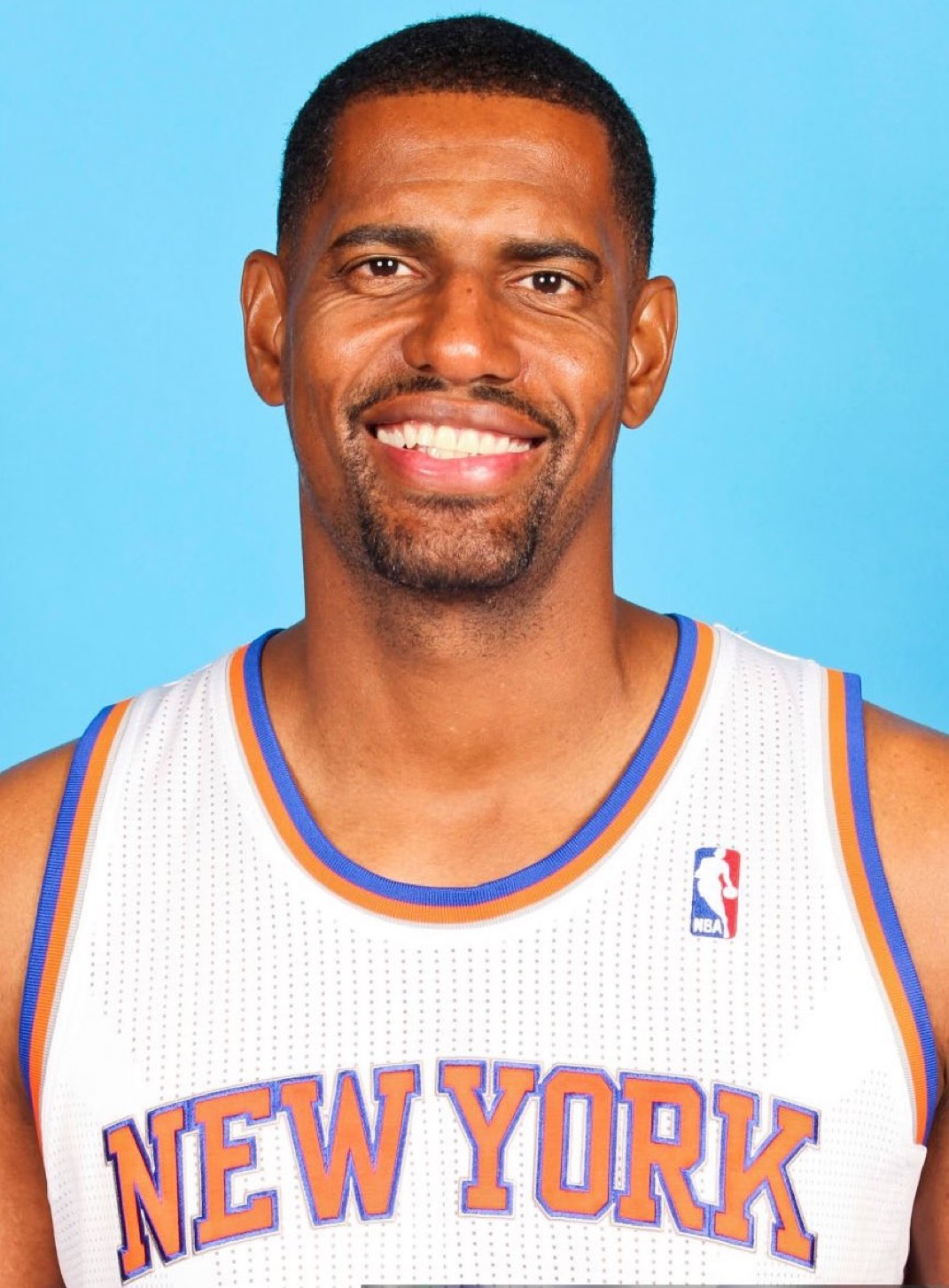As Kurt Thomas celebrates his 52nd birthday today, it’s the perfect time to reflect on the legacy of one of the toughest, most reliable big men to ever wear a New York Knicks jersey. Though Thomas enjoyed a 19-year NBA career with several teams, his impact with the Knicks is particularly noteworthy. Known for his rugged defense, rebounding prowess, and veteran leadership, Thomas earned a reputation as one of the most respected role players in the league.
Born on October 4, 1972, Kurt Thomas came into the NBA with relatively humble beginnings. He was drafted 10th overall by the Miami Heat in the 1995 NBA Draft after a stellar college career at Texas Christian University (TCU), where he led the nation in scoring and rebounding during his senior season. However, it wasn’t until he joined the New York Knicks in 1998 that Thomas truly began to find his niche as a dependable, hard-nosed player.
Thomas was traded to the Knicks from the Dallas Mavericks early in his career. The Knicks, a team built on defense, toughness, and grit during the late 1990s, were a natural fit for his skill set. While New York already had stars like Patrick Ewing, Larry Johnson, and Latrell Sprewell, Thomas found a role as a physical enforcer, bringing energy and defensive stability off the bench.
During his seven seasons in New York, from 1998 to 2005, Thomas became a key piece of the team’s frontcourt. He was a critical component of the Knicks’ blue-collar identity, contributing to their defense-first approach under coaches Jeff Van Gundy and later, Don Chaney.
One of Thomas’s most valuable traits was his versatility on defense. At 6’9″, he was undersized for a center but made up for it with his toughness, strong positioning, and relentless effort on the boards. He was more than capable of guarding both power forwards and centers, often taking on the assignment of guarding the opponent’s best big man.
Thomas was a starter during some of the Knicks’ more memorable playoff runs, including their 1999 journey to the NBA Finals as an eighth seed. Though not a stat sheet stuffer, Thomas made his presence felt by setting hard screens, boxing out opponents, and taking charges—things that don’t always show up in the box score but are crucial to a team’s success.
His rebounding and mid-range shooting were also vital contributions. Thomas was known for his ability to knock down the 15-foot jumper with consistency, providing spacing on offense while battling inside on defense. His offensive numbers weren’t gaudy—he averaged around 10 points and 7 rebounds during his best seasons—but his value went far beyond basic statistics.
After leaving the Knicks in 2005, Thomas played for several other teams, including the Phoenix Suns, San Antonio Spurs, and Chicago Bulls, becoming a well-respected veteran in every locker room he entered. However, his career came full circle when he returned to the Knicks during the 2012-2013 season, at the age of 40.
Despite being the oldest player in the league at the time, Thomas’s return to New York was welcomed by Knicks fans. He provided leadership and toughness to a Knicks squad that won 54 games and made it to the second round of the playoffs. Though injuries cut his season short, Thomas’s veteran presence was an integral part of the team’s success that year.
Kurt Thomas may not have been a superstar, but his legacy in New York is defined by his toughness, leadership, and reliability. He played the game with a level of physicality that earned him respect from teammates and opponents alike. His ability to do the dirty work—rebounding, defending, and sacrificing his body for the team—made him a beloved figure among Knicks fans.
In many ways, Thomas epitomized the spirit of New York basketball during the late 1990s and early 2000s. While the Knicks may have fallen short of their ultimate goal of an NBA championship during his tenure, Thomas’s contributions were invaluable to the team’s identity. He was a player who exemplified the hardworking, never-give-up attitude that the Knicks’ fanbase cherishes.
As Kurt Thomas turns 52, Knicks fans remember him not just for what he did on the court but for the way he played the game—with heart, determination, and a sense of duty to his team. His legacy as one of the great role players in Knicks history remains intact, and his impact on the franchise continues to be celebrated by those who remember the grit and grind of New York basketball in his era.
